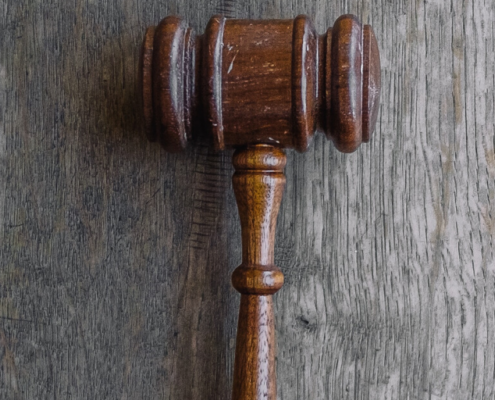
Resisting Arrest and Contraband Drug Charges Dismissed in Schuylkill County, Pennsylvania
Criminal Law, Updates
This summer, Cornerstone Law Firm’s Joel Ready successfully obtained the dismissal of contraband drug charges, terroristic threats, and resisting arrest charges for a client in Schuylkill County, Pennsylvania after habeas corpus proceedings.
Part…

Harassment Charges in Berks County Dismissed – March 2020
Criminal Law, Litigation
Last month, Attorney Joel Ready obtained dismissal of harassment charges in Berks County. The charges had been filed against a defendant over an alleged dispute with an ex-girlfriend. After oral argument in front of a Berks County Magisterial…

Criminal Trial Attorneys in Berks County
Criminal Law, Litigation
If you are facing criminal charges in Berks County, Pennsylvania, you will find yourself facing several very important questions as you strategize how to handle your case. The chief among all these questions is whether you should go forward…

Trial Attorney in Snyder County, Pennsylvania
Criminal Law, Litigation
If you’ve been charged with a crime in Snyder County, Pennsylvania, it’s important that you have aggressive legal representation. Criminal charges can change your life, and having an attorney prepared to take you to trial, if necessary,…

Berks County Defendant Not Guilty on Aggravated Assault Charges
Criminal Law
Last week, on May 21st and 22nd, Attorney Joel Ready defended an individual accused of Aggravated Assault with a Deadly Weapon in a case arising out of an incident in Hamburg, Pennsylvania.
The two-day trial involved nine witness’…

Preliminary Arraignment
Criminal LawA preliminary arraignment is the first step in the criminal procedure process in Pennsylvania. When you’ve been charged with a crime, the preliminary arraignment is the first hearing that you’ll be notified of by the Magisterial District…

Statement Under Penalty Charges at Cabela’s
Criminal LawSince Cabela’s opened its store in Tilden Township, Berks County, it has become a virtual tourist attraction bringing people from all over the country to visit the store and check out its massive displays of merchandise, stuffed wildlife,…

What is Habeas Corpus?
Criminal LawThe law is filled with confusing terminology and Latin phrases. When you’ve been charged with a crime, it can be very difficult to figure out what it all means.
One term you may hear as you explore your legal options in response to criminal…

Public Drunkenness and Kutztown University Students
Berks County, Criminal Lawhttps://youtu.be/Eord5m98SOg
At Cornerstone Law Firm, we’ve helped many Kutztown University students who are accused of crimes. When a college student is charged with public drunkenness or another crime involving alcohol or drugs, the impact…

What is the difference between a preliminary hearing and a preliminary arraignment?
Criminal LawWhen the government charges you with a crime in Pennsylvania, your first two hearings are the Preliminary Arraignment and the Preliminary Hearing. Both of these occur at the Magisterial District Court.
What is the difference between these…
